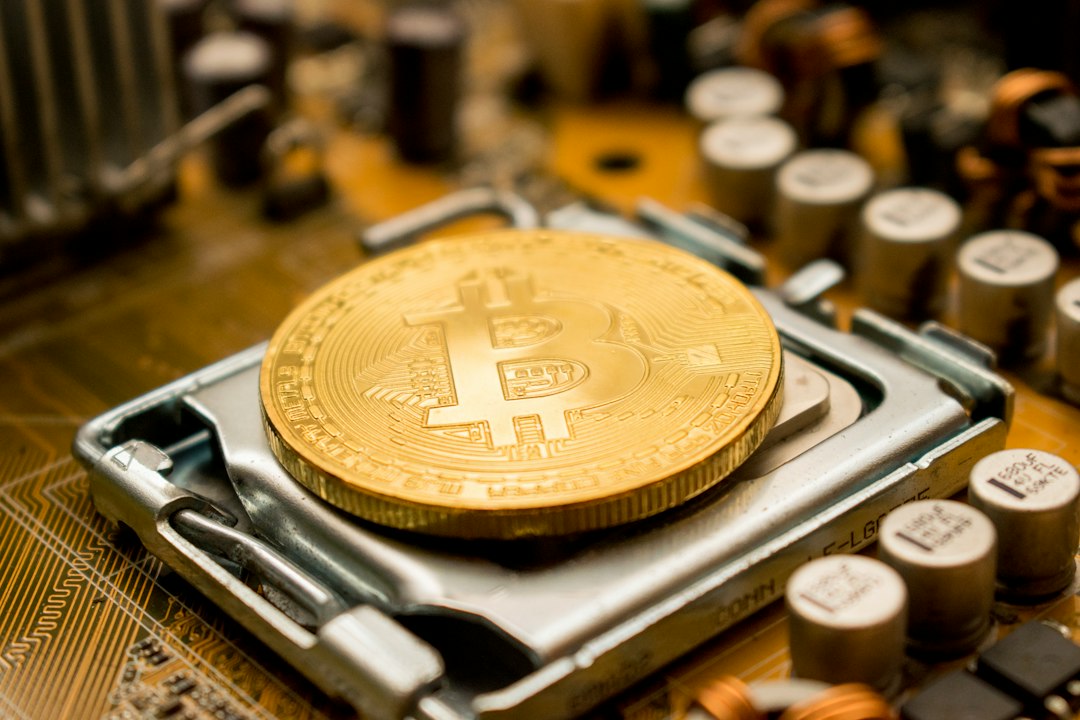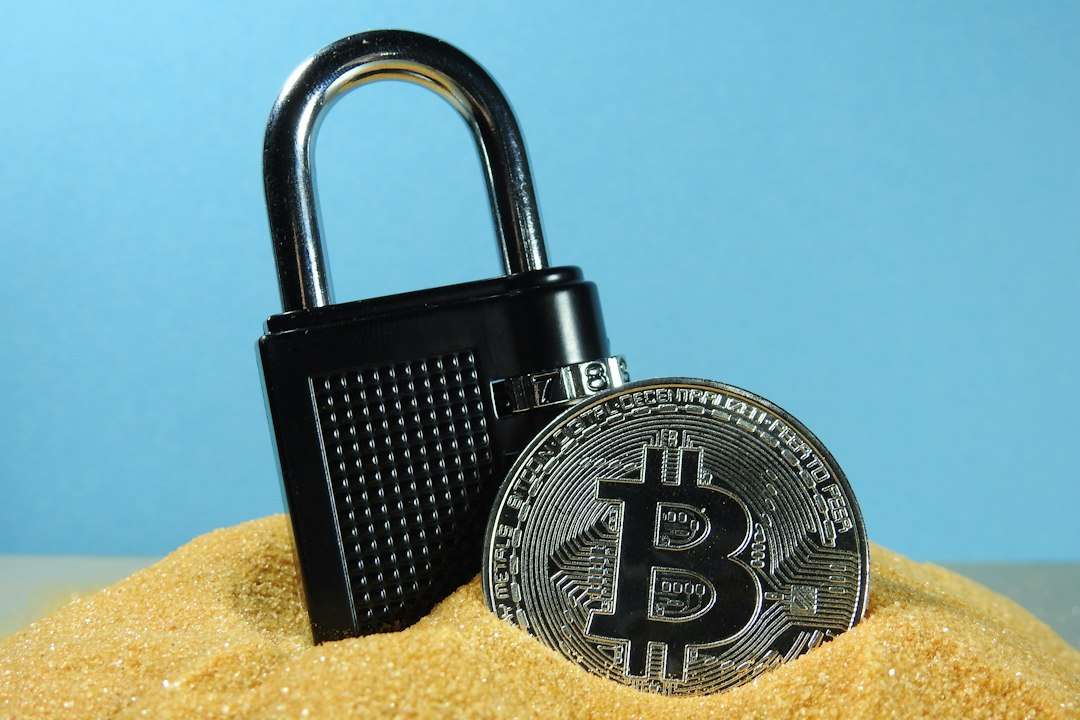Clarifying the XRP Genesis Block Issues
The initial distribution of cryptocurrencies like XRP has always been a topic of concern for investors. There have been discussions about unfair share allocation during Genesis, leading to doubts about the legitimacy of the token supply. Ripple CTO David Schwartz has taken it upon himself to address these concerns.
Understanding the Genesis Block Situation
Schwartz faced criticism from the Bitcoin community after mocking the opinion of a Bitcoin maxi in a tweet. This led to a debate about XRP’s legitimacy. In response, a user asked Schwartz if any other blockchain had lost its entire genesis block. The XRP Ledger starts at #32,569 instead of #1, which has been a point of contention.
Schwartz defended the XRP Ledger, stating that the choice of what to consider the genesis block is arbitrary. He compared it to Ethereum, highlighting a massive transaction he carried out on that blockchain. Even Ethereum had transactions not recorded on the blockchain initially.
The XRP Distribution and Ripple’s Holdings
The founders received 20% of the initial XRP supply, with Jed McCaleb and Chris Larsen each getting 9%. Arthur Britto received 2%, completing the 20% allocation. The majority of the supply went to OpenCoin (now Ripple), with 99.99% sent to their wallets. A small percentage was allocated to Beta testers and developers.
This revelation sheds light on how XRP distribution was handled and why Ripple holds a significant portion of the supply. Currently, Ripple releases one billion coins from escrow each month for operations, while 800 million tokens are returned to escrow.
Hot Take: Clarifying XRP’s Genesis Block Controversy
The controversy surrounding XRP’s Genesis block has sparked discussions about fairness and token distribution. Ripple CTO David Schwartz has addressed the concerns, defending the XRP Ledger’s arbitrary choice of the genesis block. He also compared it to Ethereum’s early blockchain hiccups.





 By
By
 By
By

 By
By
 By
By